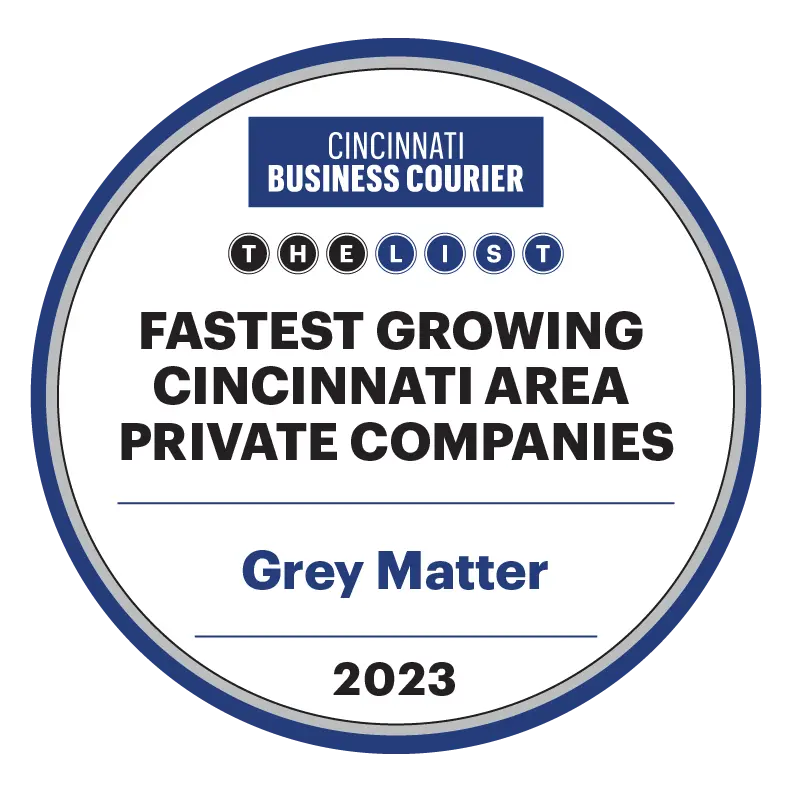Keyword research is a critical step in the process of creating a successful Google Search Ads campaign. The right keywords can help you reach your target audience, increase your ad visibility, and drive more traffic to your website. In this blog post, we will explore the process of doing keyword research for Google Search Ads, including how to identify the right keywords, how to determine their relevance, and how to prioritize them for your campaign.
- Identify Your Target Audience: Before you can start researching keywords, it’s important to understand your target audience. Who are they? What are their needs and interests? What problems are they trying to solve? Knowing your target audience will help you determine which keywords are most relevant and valuable for your campaign.
- Use Keyword Research Tools: There are a number of keyword research tools available that can help you identify the keywords that are most relevant to your business. Google Keyword Planner is a popular tool that provides data on keyword volume, competition, and cost-per-click (CPC) information. Other popular tools include SEMrush, Moz, and Ahrefs. These tools can help you quickly generate a list of keywords and give you a good starting point for your research.
- Focus on Long-Tail Keywords: Long-tail keywords are longer, more specific phrases that are less competitive and more targeted. For example, instead of targeting the keyword “shoes,” you might target “women’s running shoes” or “men’s dress shoes.” Long-tail keywords are often less competitive and can help you reach a more specific, relevant audience.
- Evaluate Keyword Relevance: Once you have a list of keywords, it’s important to evaluate their relevance to your business. Are these keywords aligned with your target audience and what they are searching for? Are they relevant to your product or service offerings? Make sure to only include keywords that are relevant and will help you reach your desired target audience.
- Determine Keyword Volume: Keyword volume is an important factor to consider when choosing keywords for your campaign. High volume keywords are those that are frequently searched for and have a large number of impressions. While high volume keywords can drive a lot of traffic, they may also be more competitive and expensive. On the other hand, low volume keywords may not drive as much traffic, but they can still be valuable if they are highly relevant and targeted to your desired audience.
- Analyze Competition: Competition refers to the number of advertisers bidding on a particular keyword. High competition keywords can be more expensive and harder to rank for, while low competition keywords may be more affordable and easier to rank for. When evaluating keywords, it’s important to consider both the competition level and the relevance of the keyword to your business.
- Consider Search Intent: Search intent refers to the reason someone is searching for a particular keyword. Is the person looking to purchase a product or service, find information, or navigate to a website? Understanding the search intent behind a keyword can help you determine which keywords are most valuable for your campaign.
- Prioritize Keywords: Once you have evaluated the relevance, volume, competition, and search intent of your keywords, it’s time to prioritize them for your campaign. Start by focusing on the keywords that are most relevant and valuable to your business. You may also want to consider grouping similar keywords together and creating ad groups for each group.
- It’s A Process: Keyword research is an ongoing process and it’s important to monitor your keywords and make adjustments as needed. As you gather more data and information about your target audience and the performance of your ads.
Take the above approach to keyword research and you’re well on your way to highly successful campaigns.









